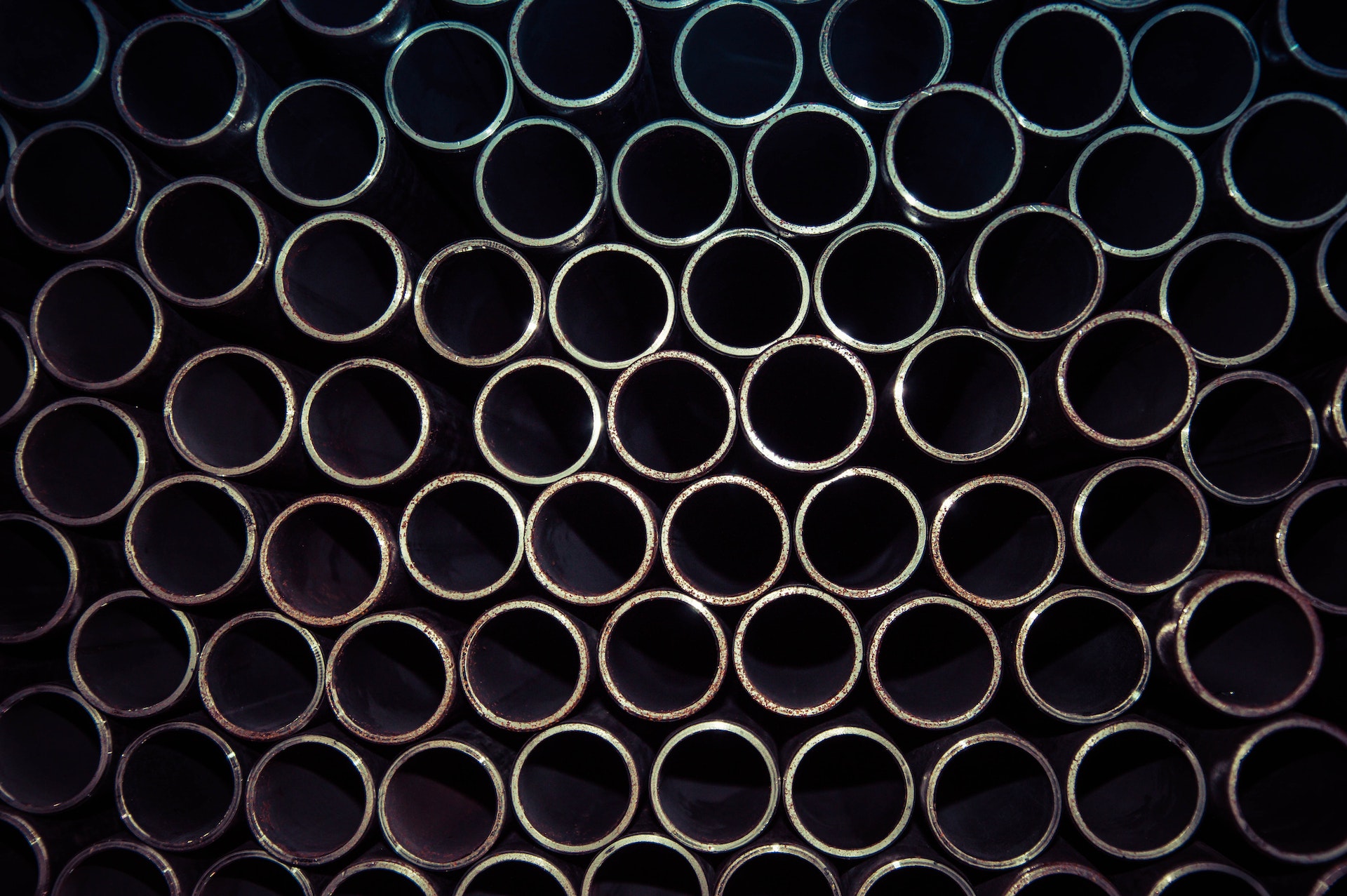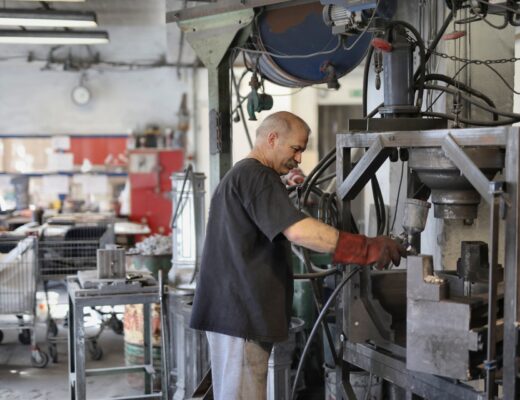Stainless steel is the best material for a variety of uses. It is magnetic, corrosion resistant, and reduces friction. These factors make stainless steel an excellent choice for bearing components. Read on to learn more about how stainless steel is beneficial to a variety of industries. It is also a highly durable material, which reduces wear and tear. Stainless steel is an extremely versatile material that has many applications. It is highly corrosion-resistant and 100% recyclable, making it a sustainable material for several industries. In addition, it is entirely environmentally friendly since it does not emit harmful compounds.
Moreover, it is easy to clean and is not prone to rust or bacteria. Stainless steels can be produced in various alloys, and the composition can be tailored to give specific properties. For example, a stainless steel alloy with a high carbon content has a higher resistance to corrosive substances than one that does not. This kind of steel is frequently utilized in food utensils and other applications requiring high corrosion resistance. Another type of stainless steel is enriched with chromium, which increases its resistance to stains and corrosion. Its high chromium content makes it a desirable material for many applications, including the Gateway Arch in St. Louis.
It is Magnetic
The magnetic properties of stainless steel roller bearings can benefit your machine. The material is solid, but it does have certain disadvantages. They can cause wear and are susceptible to corrosion. You should always seek the advice of a bearing specialist before purchasing a bearing. Utilizing stainless steel has some benefits for roller bearings for your machine.
Stainless steel is corrosion-resistant and offers reduced maintenance. It also has a familiar luster. The alloy is milled into bearings and is used in applications where corrosion resistance is essential. Stainless steel is resistant to fresh water, crude oil, gasoline, perspiration, alcohol, and blood. Because of its resistance to these materials, stainless steel roller bearings can be cleaned using steam.
It is Corrosion-Resistant
Defects and overload are the most common reasons for bearing failures in stainless-steel applications. Over-load occurs when the bearing is suddenly subjected to more load than it is designed for, such as when it is suddenly subjected to a sudden failure of the host or when it is accidentally dropped. Defects can also result in fractures, mainly if they occur at the point where the bearing is impacted by force.
One of the critical benefits of stainless steel bearings is their corrosion resistance. These materials resist high temperatures and chemicals, making them ideal for applications with high corrosion resistance levels. They are often used in the pharmaceutical, medical, and food-processing industries.
It Reduces Friction
Stainless steel roller bearings are designed to reduce friction and improve the performance of machinery. They have many benefits, including low maintenance and long life. They are instrumental in applications that carry heavy loads. Roller bearings are also lighter and smaller than ball bearings. They also have more significant contact with the hub, which makes them an ideal choice for tack lines, mainsheets, and guy leads.
The design process for these bearings involves considering the rotation moments of the element and eccentricities. The load applied to each roller must be calculated at the expected movement’s extreme. The design load effect must be at most two-thirds of the design load. The friction coefficient is required to be below 0.05 for steels with a hardness greater than 300 HV.
It is Cost-Effective
Stainless steel roller bearings are the ideal choice for industrial equipment due to their cost-effectiveness and corrosion resistance. They come with either an open or capped design. The ringside faces of the capped variant frequently have a depression. The outer ring of the open version might also have a hole. In contrast to high-chromium steel bearings, the capped variant has a lesser load-carrying capacity.
These bearings are also very lightweight compared to other metals. They are more resistant to corrosion, require no lubrication, and can be washed down without re-lubrication. Moreover, they are also gamma and autoclavable, making them an environmentally friendly solution.




